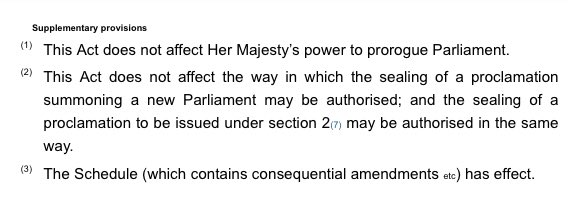
Constitutional law guy @houseofcommons, @PartickThistle fan, @Jags_Foundation Director, Scot lost in SE London, father of a feline, views those of Fireman Sam.
How to get URL link on X (Twitter) App




https://twitter.com/PeatWorrier/status/1541781726443323402Normally, the UK Supreme Court operates as an appellate court. Parties appeal against decisions taken by lower courts, and they uphold or overturn them.






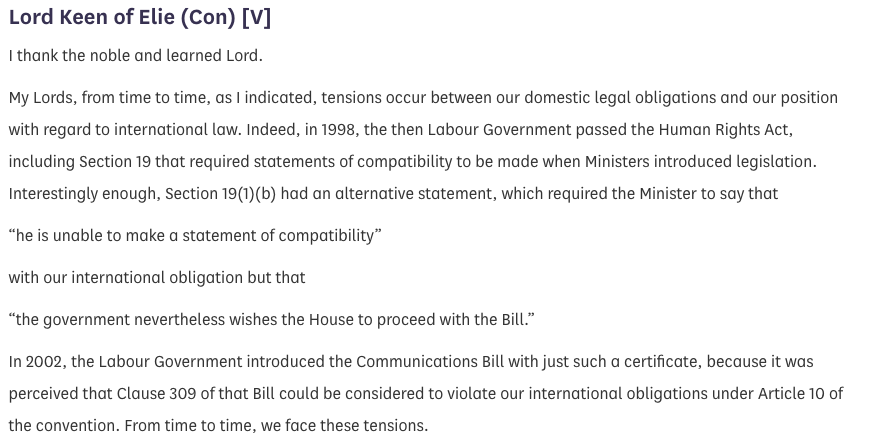

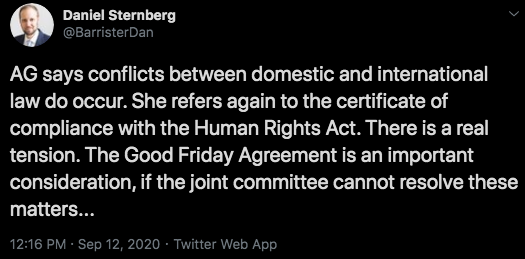 The Government's argument seems to be that this illustrates both how:
The Government's argument seems to be that this illustrates both how: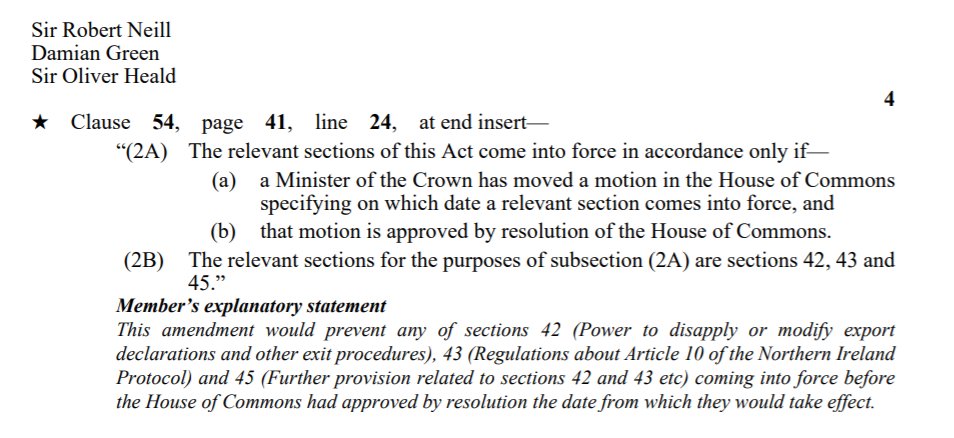
https://twitter.com/tnewtondunn/status/1304103835674304512
 The default rule about "commencement regulations" is that they are made by a Minister without any form of Parliamentary approval. By default, that is what would happen with clauses 42, 43 and 45 (the ones that break, and enable the Government further to break, international law).
The default rule about "commencement regulations" is that they are made by a Minister without any form of Parliamentary approval. By default, that is what would happen with clauses 42, 43 and 45 (the ones that break, and enable the Government further to break, international law).
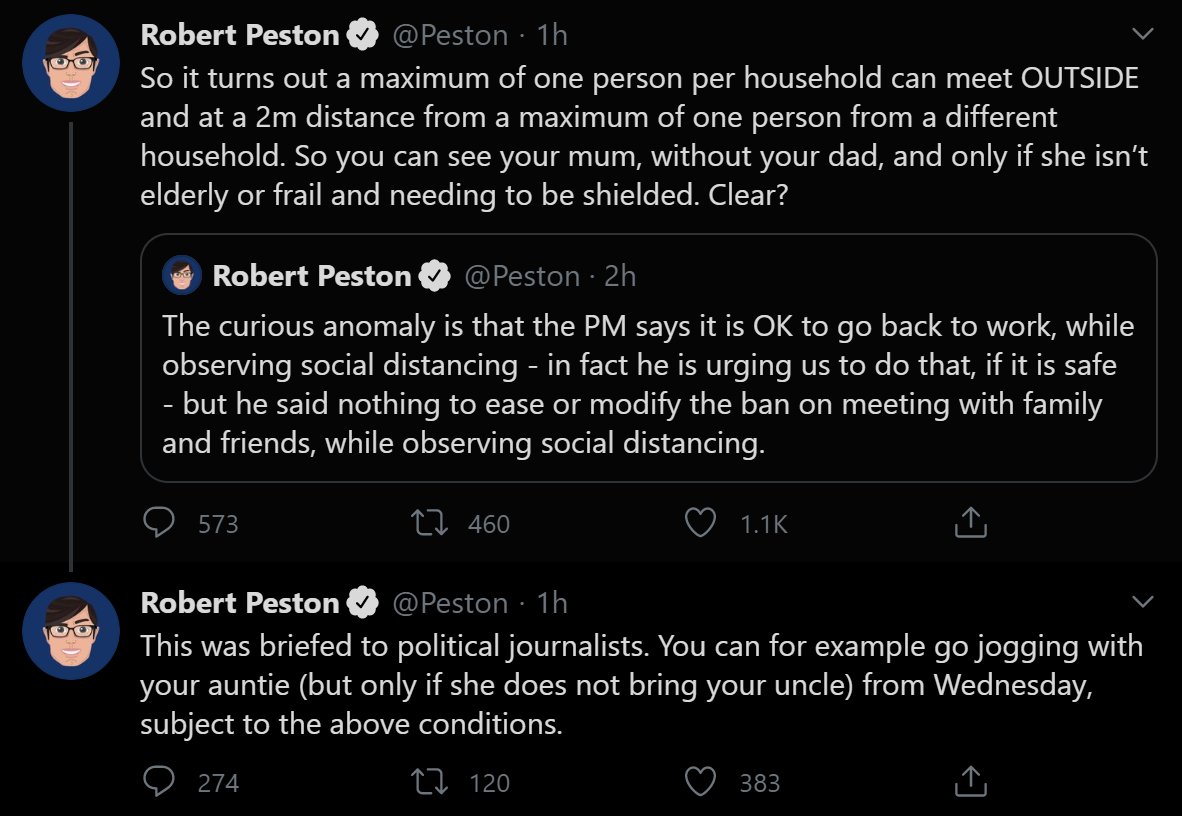
 Contrary to what I originally said, it's not clear that you could do this at the moment. Why?
Contrary to what I originally said, it's not clear that you could do this at the moment. Why?
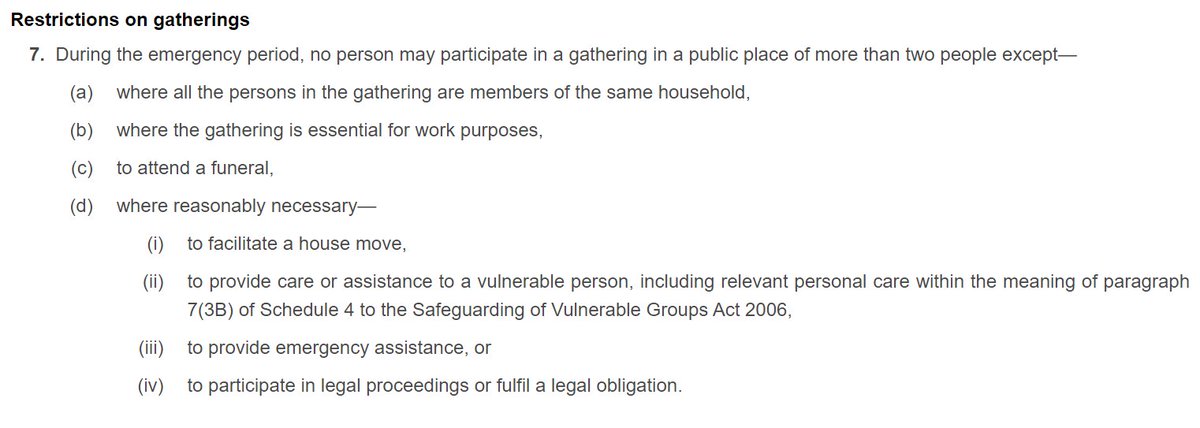


https://twitter.com/woodstockjag/status/1225456462056607744

 So off you go to Schedule 1 of the Interpretation Act 1978.
So off you go to Schedule 1 of the Interpretation Act 1978.




 As an example of this, see this proclamation made on 25 April 2017. This was only made 6 days after the House of Commons voted in favour of an early general election, but could have been made immediately thereafter (2/8) privycouncil.independent.gov.uk/wp-content/upl…
As an example of this, see this proclamation made on 25 April 2017. This was only made 6 days after the House of Commons voted in favour of an early general election, but could have been made immediately thereafter (2/8) privycouncil.independent.gov.uk/wp-content/upl… 
